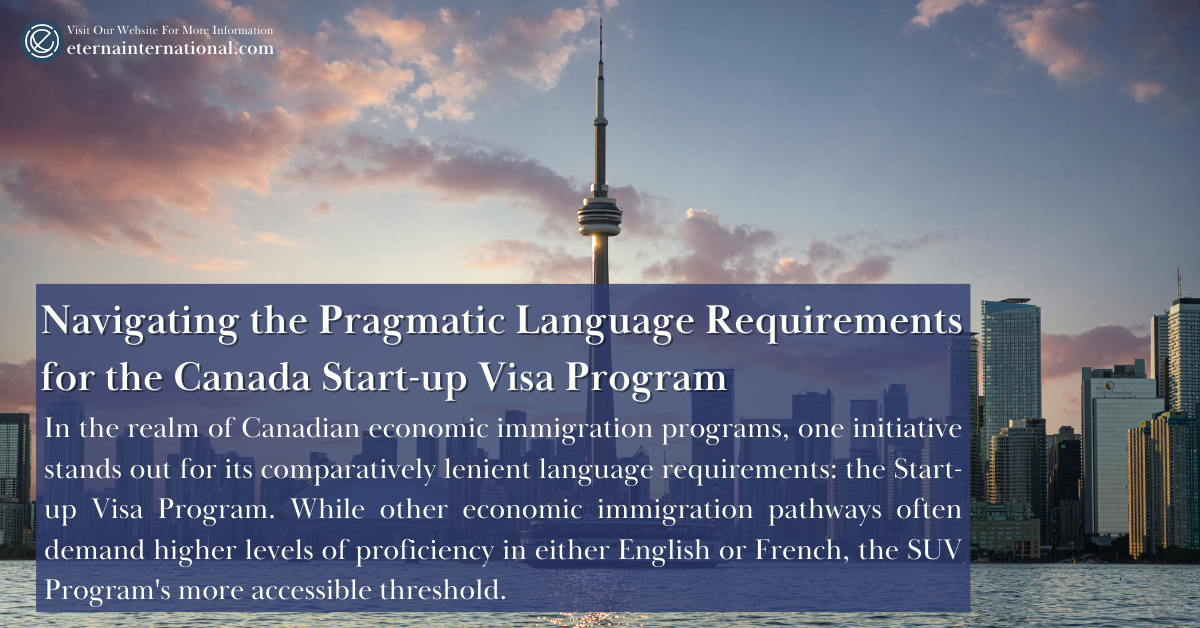In the realm of Canadian economic immigration programs, one initiative stands out for its comparatively lenient language requirements: the Start-up Visa (SUV) Program. While other economic immigration pathways often demand higher levels of proficiency in either English or French, the SUV Program’s more accessible threshold.
Additionally, IRCC’s new enhanced rules of the Start-up Visa (SUV), with increased quotas, extended work permit period, and expedited application processing, make the program more attractive to worldwide startup entrepreneurs.
By setting the language proficiency benchmark at Canadian Language Benchmark (CLB) 5, the program’s architects have struck a balance between ensuring the newcomers’ ability to navigate the Canadian business environment and not discouraging promising candidates with overly stringent language demands.
Meeting the Language Benchmark
To be eligible for the Start-up Visa Program, applicants must achieve a minimum score of Canadian Language Benchmark (CLB) 5 in all four language abilities: listening, reading, writing, and speaking. Language tests must be taken through an agency approved by Immigration, Refugees, and Citizenship Canada (IRCC). It is essential to include the test results in the immigration application, as failure to do so may result in the application being returned unprocessed.
Approved Language Tests and Designated Agencies
Applicants can choose from a range of approved language tests to demonstrate their proficiency in English or French. The following tests are accepted for the Start-up Visa Program:
English:
– CELPIP: Canadian English Language Proficiency Index Program (CELPIP-General Test)
CELPIP has two tests: “CELPIP-General (CELPIP-G)” and “CELPIP-Academic (CELPIP-A).” The applicants must take the “CELPIP-G” test.

– IELTS: International English Language Testing System (General Training module)
IELTS has two options for the reading and writing tests: “General Training” and “Academic.” The applicants must take the “General Training” option.

French:
The must submit results from the following TEF/TCF Canada tests as proof of your French language proficiency:
- compréhension de l’écrit (Reading)
- compréhension de l’oral (Listening)
- expression écrite (Writing)
- expression orale (Speaking)
– TEF Canada: Test d’évaluation de français
* The IRCC accepts TEF results if the applicants wrote your test before March 1, 2020. If the applicants wrote the test on or after March 1, 2020, they need to provide TEF Canada test results.

– TCF Canada: Test de connaissance du français

Each test is conducted by designated language testing agencies, which include Paragon Testing Enterprises Inc. for CELPIP, Cambridge Assessment English, IDP Australia, The British Council for IELTS, the Paris Chamber of Commerce and Industry for TEF Canada, and France Education International (FEI) for TCF Canada.
Please note that Language Instruction for Newcomers to Canada (LINC) centers are not approved testing agencies for the Start-up Visa Program.
Ensuring Validity and Future Use of Test Results
Language test results are valid for two years from the date of the test. Applicants are advised to keep a copy of their results for future reference and potential use in other applications, including Canadian citizenship applications.
Summarize the SUV program language requirements:
– Canada Start-up Visa requires proof of Canadian Language Benchmark (CLB) 5 in listening, reading, writing, and speaking.
– Language tests must be taken from approved agencies by Immigration, Refugees and Citizenship Canada (IRCC).
– Test results must be included with the immigration application.
– Language test results are valid for 2 years from the time of taking the test.
– Approved language tests include CELPIP, IELTS, TEF Canada, and TCF Canada.
The pragmatic language requirements show that, while language proficiency is an important factor for successful integration, it is not the sole determinant of an entrepreneur’s ability to contribute to the Canadian economy. Innovative ideas, business acumen, and global experience can be just as valuable, if not more so, in the competitive world of start-ups.
While the Start-up Visa Program’s relatively accessible language requirements undoubtedly make it an appealing pathway for aspiring entrepreneurs, it is worth noting that a strong command of English or French remains vital for long-term success in Canada. As entrepreneurs develop their businesses and integrate into Canadian society, they will benefit from continually improving their language skills to foster relationships and access resources that can fuel their start-ups’ growth.





